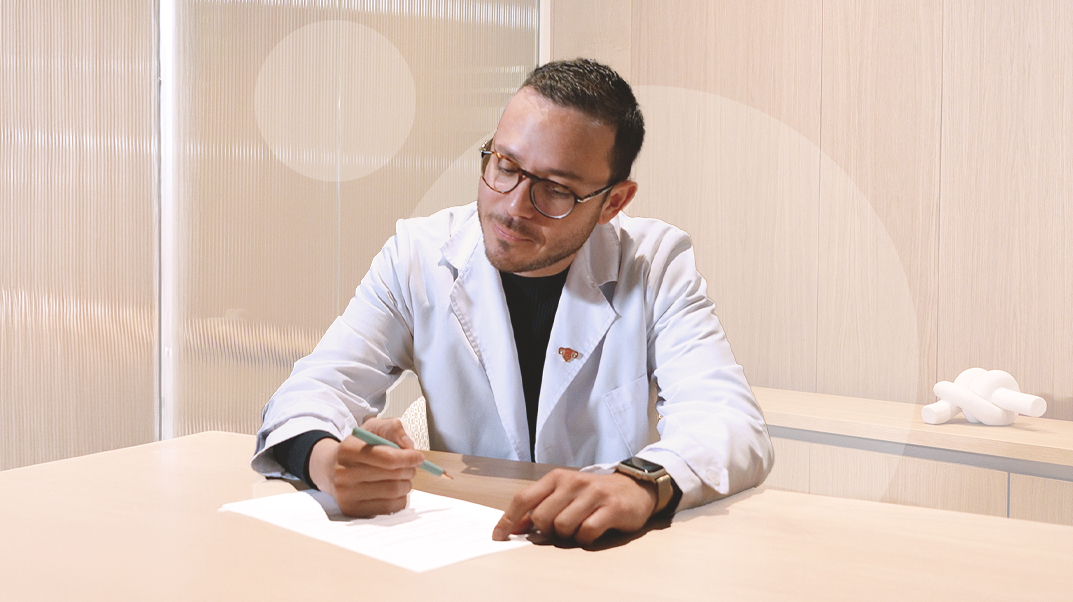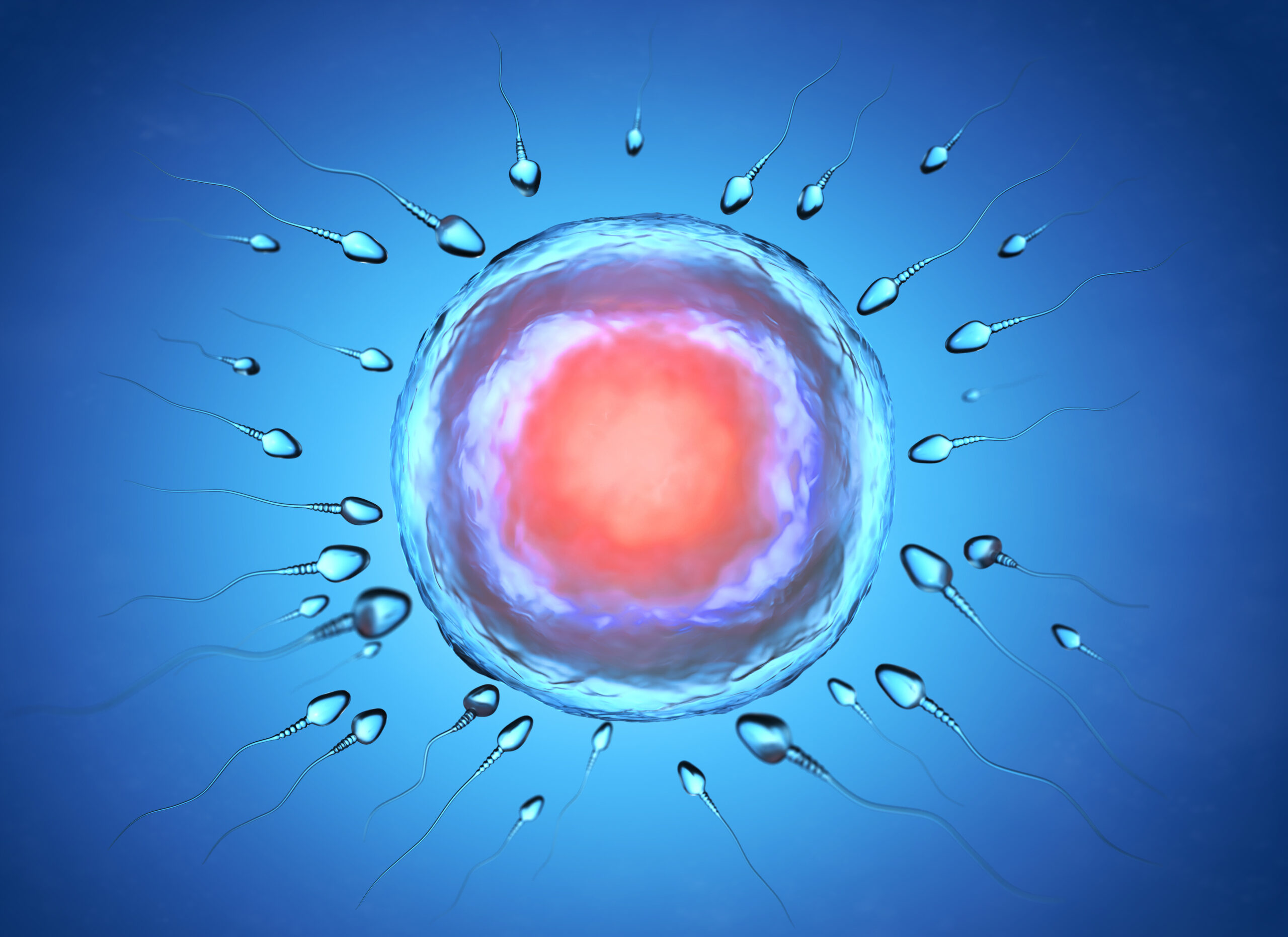Table of contents
In the field of assisted reproduction, one of the biggest challenges is to understand how the mother’s immune system can affect the successful outcome of the pregnancy. Factors such as recurrent miscarriages or embryo implantation failures are related to complex immunological interactions between the mother and the embryo. Specifically, we are referring to the immunological compatibility between the KIR receptors of the uterine cells and the HLA-C antigens of the embryo, which is particularly important in the implantation process.
At Tambre we offer advanced studies and state-of-the-art tools, such as KIR and HLA-C genotyping, to identify and prevent possible immunological complications, thus optimising your chances of a successful pregnancy.
What is KIR-HLA compatibility and what makes it so important?
In order for gestation to develop correctly, it is essential to rely on a quality embryo, a uterus prepared to receive it (in its window of implantation) and an interaction between the uterus and the embryo that allows its implantation and subsequent development.
At the moment of implantation, when the embryo reaches the blastocyst stage and hatches (day 5 after fertilisation), its external cells (trophoblast) proliferate towards the endometrium, adhere to it and make contact with the blood of the mother.
A certain amount of maternal tolerance towards the embryo is required for this to happen so that the embryo can be successfully implanted. Otherwise, the mother’s immune system would attack the embryo. Hence the importance of the interaction of the embryo with the cells of the maternal immune system present in the uterus, called NK (Natural Killer) cells. These cells are responsible for recognising the embryo through receptors located on their surface called KIR, which bind to identification fragments found on the surface of the embryo called HLA-C, one inherited from the mother and the other from the father.
The problem with certain KIR-HLA combinations
A number of studies have shown that certain combinations of KIR and HLA-C are more likely to lead to problems in pregnancy. In particular, women with a specific type of KIR receptor (KIR AA) have a higher risk of pregnancy problems if the embryo has an HLA-C2 antigen from the father. It has also been scientifically determined that, in assisted reproduction, if the embryo has more than one HLA-C antigen from the father, it can affect implantation in mothers with KIR AA. In these cases, the mother’s immune system may hinder the correct invasion of the embryo’s trophoblast cells into the uterus, thus hindering implantation.
How science is applied at Tambre
At Tambre, we use this knowledge to offer personalised solutions to our patients. Some of the key measures we implement include:
- KIR and HLA-C genotyping of the couple: In those couples who have had two or more implantation failures with good quality embryos, or have suffered two or more miscarriages with no known causes, it is important to perform a thorough analysis of the mother’s and father’s immune systems to identify possible incompatibilities between KIR receptors and HLA-C antigens. In case of incompatibility, the immunologist will propose a treatment to be followed before and during pregnancy. In addition, the transfer of a single embryo would be indicated to avoid exposing the mother to a double HLA-C incompatible load.
- Personalised donor selection: In cases in which donor sperm is needed and the KIR AA genotype of the mother is detected, we can carefully select donors with HLA-C1C1 antigens to minimise the risk of immunological complications. Similarly, in the case of needing donor oocytes, we will have to select a donor that is compatible with the pregnant mother.
In short, KIR-HLA-C genotyping enables us to find the possible cause of repeated miscarriages and implantation failures, prevent possible complications during pregnancy such as pre-eclampsia, define the optimal number of embryos to transfer, and select the sperm or oocyte donor that is compatible with the future mother. In addition, this test allows us to define the need to prescribe immunomodulatory treatment to the future mother, in order to increase her mother-fetus tolerance.
Life-changing advances: Reproductive Immunology Unit
These advances highlight the importance of tailoring assisted reproduction treatments to individual needs, taking the complex interactions between the mother’s immune system and the embryo’s antigens into account. At Tambre we have our own Reproductive Immunology Unit, and we strive to apply the latest advances in assisted reproduction to offer every woman and every couple the best chance at achieving their dream of starting a family. If you are facing difficulties in achieving pregnancy, please contact us on +44 (0) 20 38 688 650. We are here to support you with our experience, innovation and personalised care



